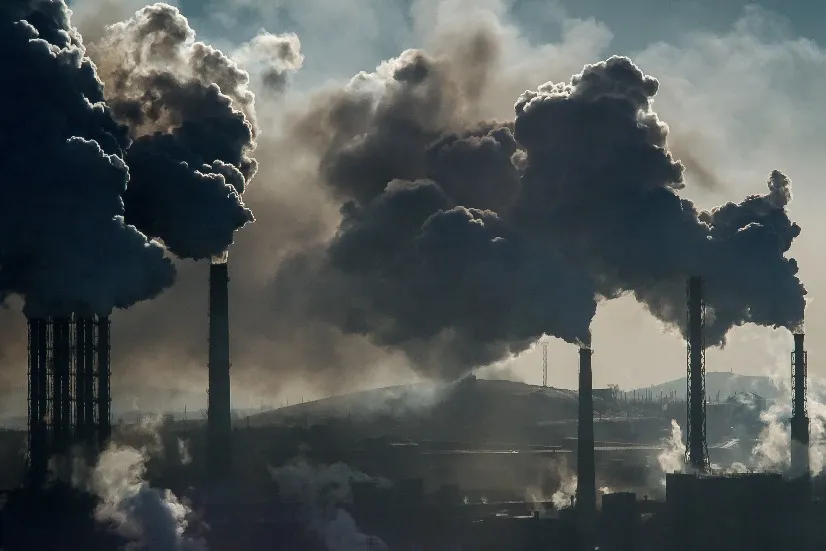Global oil production is reaching a pivotal moment as the rise of renewable energy reshapes the energy landscape. With growing concerns over climate change, many are questioning how long fossil fuels will remain a dominant energy source.
The Origins of Peak Oil Theory
In 1956, geoscientist M. King Hubbert introduced the concept of peak oil, predicting that global oil production would reach its maximum around the year 2000. Hubbert’s theory suggested that after this peak, production would steadily decline. As oil became central to the global economy, this prediction raised significant concerns. By the early 21st century, production from easily accessible reserves began to plateau, but innovations like hydraulic fracturing (fracking) helped extend the life of oil production.
Current Trends in Oil Production
By 2023, global oil production had reached 96.4 million barrels per day, with the United States leading the charge. Technological advancements continue to impact production rates, but the focus has increasingly shifted from supply to demand dynamics. Meanwhile, renewable energy sources are experiencing rapid growth. In 2023, renewables accounted for over 30% of global electricity generation, and their costs are steadily decreasing. Investment in clean energy is now outpacing investment in fossil fuels.
The Rise of Electric Vehicles
Electric vehicles (EVs) are becoming a significant part of the transportation sector. Experts predict that by 2030, EVs could make up more than half of all car sales. This shift is part of a broader movement toward sustainable and eco-friendly transportation solutions.
The Role of Fossil Fuels in Combating Climate Change
To address climate change, reducing reliance on fossil fuels is critical. Studies suggest that many of the world’s remaining oil reserves must stay untapped to prevent catastrophic global warming. According to the International Energy Agency (IEA), global demand for fossil fuels is expected to peak by 2030.
The transition away from fossil fuels will have economic implications, particularly for nations and industries that rely heavily on oil revenue. Pension funds invested in fossil fuel companies may face challenges. Despite these economic concerns, the shift to clean energy remains crucial for a sustainable future.
Challenges in the Clean Energy Transition
Although the world is moving toward cleaner energy, fossil fuels are still essential in certain sectors, such as shipping, aviation, and steel production. Overcoming these challenges will require advances in energy storage and transportation technologies.
The IEA emphasizes that it is possible to achieve both reliable energy supply and climate action. Clean electricity is at the heart of this vision for a sustainable future.




